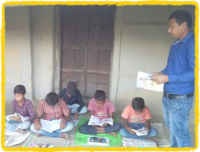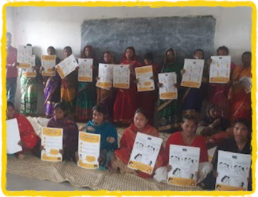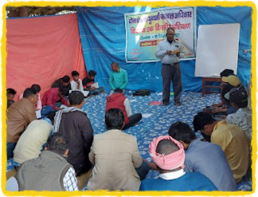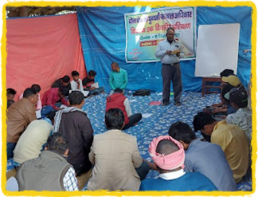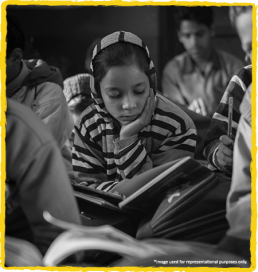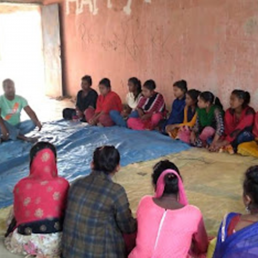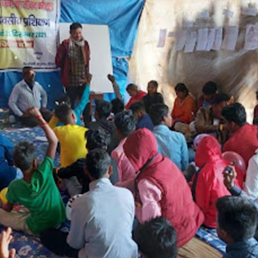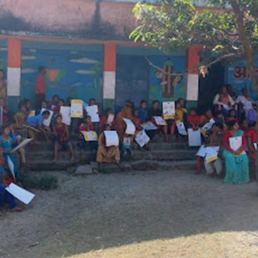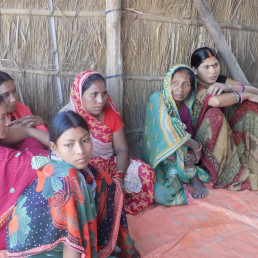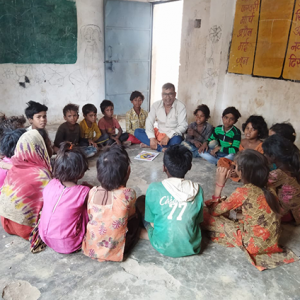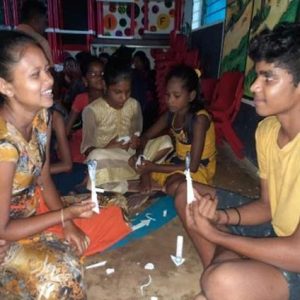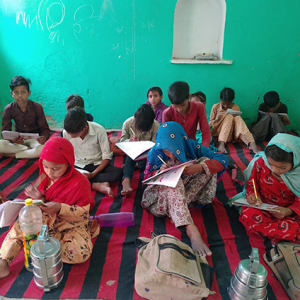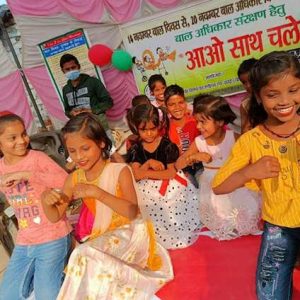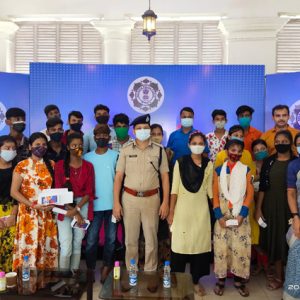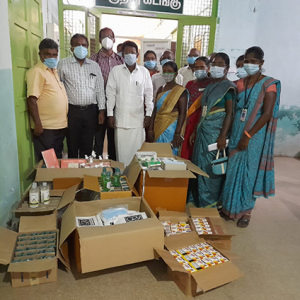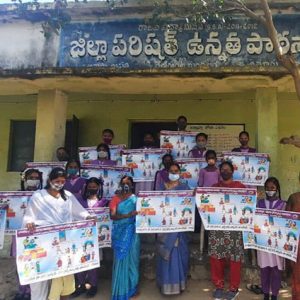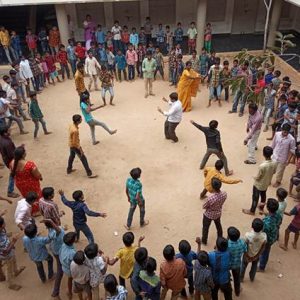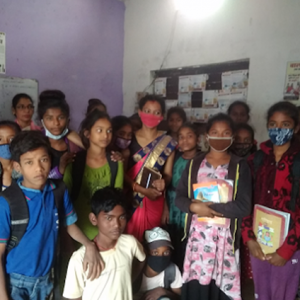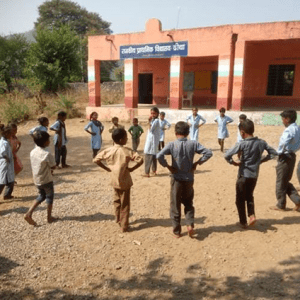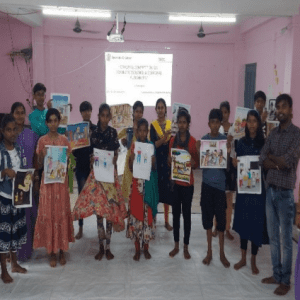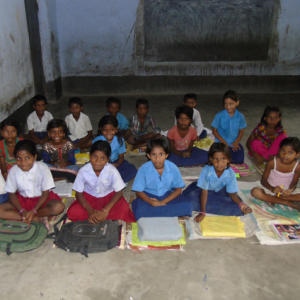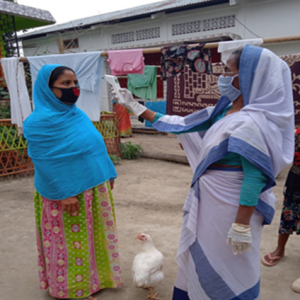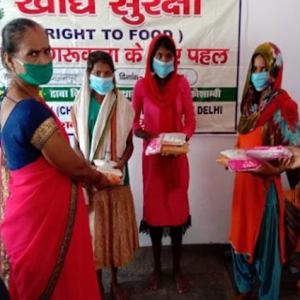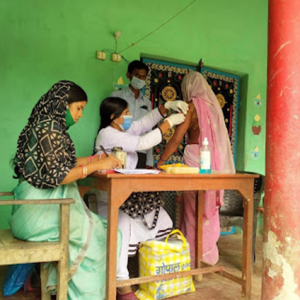Campaign Story
About the project
Ramnagar is one of the 18 blocks in West Champaran where the ICDS centers are operating without proper infrastructure. Inadequate teachers, poor quality of teaching, huge gaps in RTE Act infrastructure compliances are the compelling factors of children dropping out. Access to higher education and poor interest of the parents on higher education are the compounding factors for a large number of children who are out of school and working.
Making a difference
When children have what they need to learn, grow and develop, they take amazing strides and cross previously unimaginable milestones. CRY America project DEEP helps bring these resources, such as Anganwadis, primary schools and secondary schools to the villages in West Champaran that need support. The project ensures children in the community are enrolled in these institutions, receive their services, and that these resources have the capacity to function and properly manage themselves. The key activities of the project are exploring different methods for sustaining the education support, identification of vulnerable children, spreading awareness related to COVID-19 and running a relief and rehabilitation program.
The way forward
● 100% Child tracking and enrolment of children in Integrated Child Development Services (ICDS) centers
● Ensuring 100% regularity of children in 7 schools
● Motivating mothers from 24 villages to send their children regularly in ICDS centers through mothers meeting
● Tracking of 5104 children who are transiting from primary schools to middle school and middle school to high schools
● Organizing 48 village level meeting on child protection issues
● Activation of the 7 children collectives
● Capacity building of 480 children on life skill module
● 100% enrollment of children in the age of 3 to 6 years in ICDS
● 100% retention of children in age of 6 to 14 years in schools
● Reduction in child labor in intervention areas
● Addressing child marriage through a comprehensive program
● Creating sustainable child driven collectives and peer support groups
The way forward
● 100% enrollment of children in the age of 3 to 6 years in ICDS
● 100% retention of children in age of 6 to 14 years in schools
● Reduction in child labor in intervention areas
● Addressing child marriage through a comprehensive program
● Creating sustainable child driven collectives and peer support groups
Project Impact

173
Families were linked with social protection schemes

26
Vulnerable children were admitted in residential schools

20
Child marriage cases were stopped

10
Children linked with Digital training center for computer skill

4782
Vulnerable children attended school on a regular basis
Last Year’s Grant Disbursed : $17,568
Current Year’s Approved Grant
Rescuing Himanshu: A Tale of Child Labor and the Power of Education
Mohan and Samita Devi lived in a small village, situated in the dense forest of Ramnagar in Bihar. They have three sons, and they relied on daily wage labor to make ends meet. During the season, Mohan would migrate to other states for work, while Samita worked as an agricultural laborer in the village. The two elder sons also followed in their father’s footsteps and went to work in other states.
Their youngest son, Himanshu, was only 14 years old and had completed his eighth grade and then he was forced to migrate to Gujarat to work with a local contractor in a rolling mill. It wasn’t until his health deteriorated, and his mother was notified. Upon hearing about Himanshu, the project team worker, Rohit took the matter into his own hands and contacted the contractor to discuss the situation.
After much deliberation and discussion about the negative effects of child labor and the importance of education, the parents agreed to call Himanshu back home. Eventually, with the help of a co-worker, the child was able to communicate with his parents, and they convinced him to return home.
The contractor was then asked to pay the child his wages and ensure his safe return. The following day, Himanshu arrived back home, safe and sound. He was immediately enrolled in school and started attending the CARC daily to catch up on his studies. Although the experience had been harrowing, Himanshu was determined to make up for lost time and work hard to build a brighter future.












